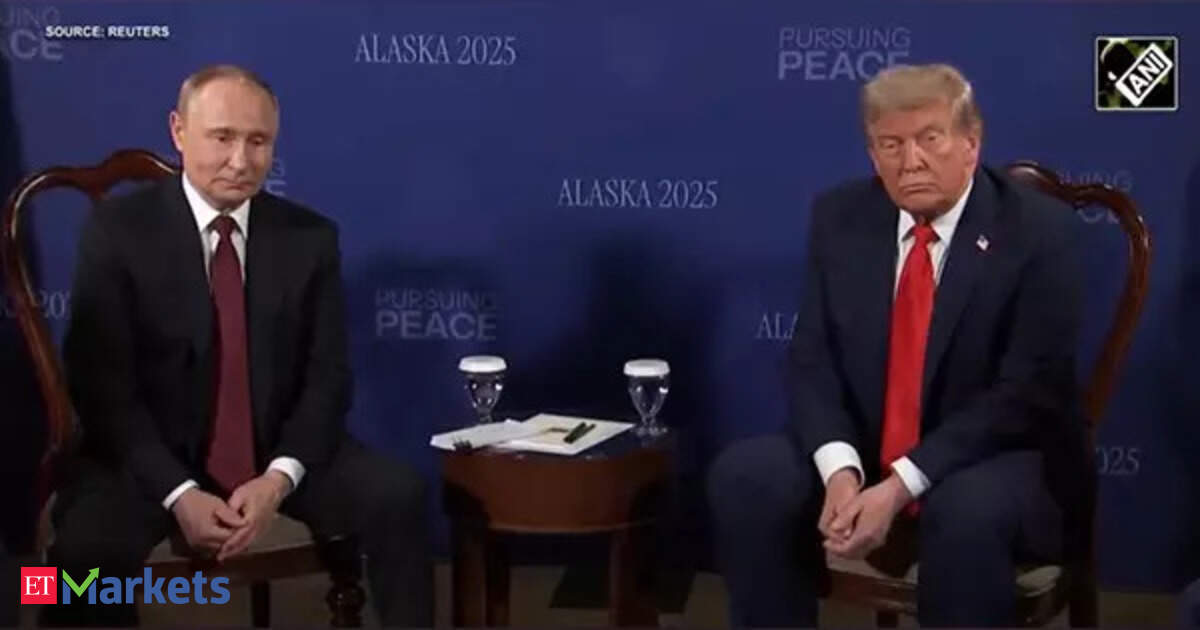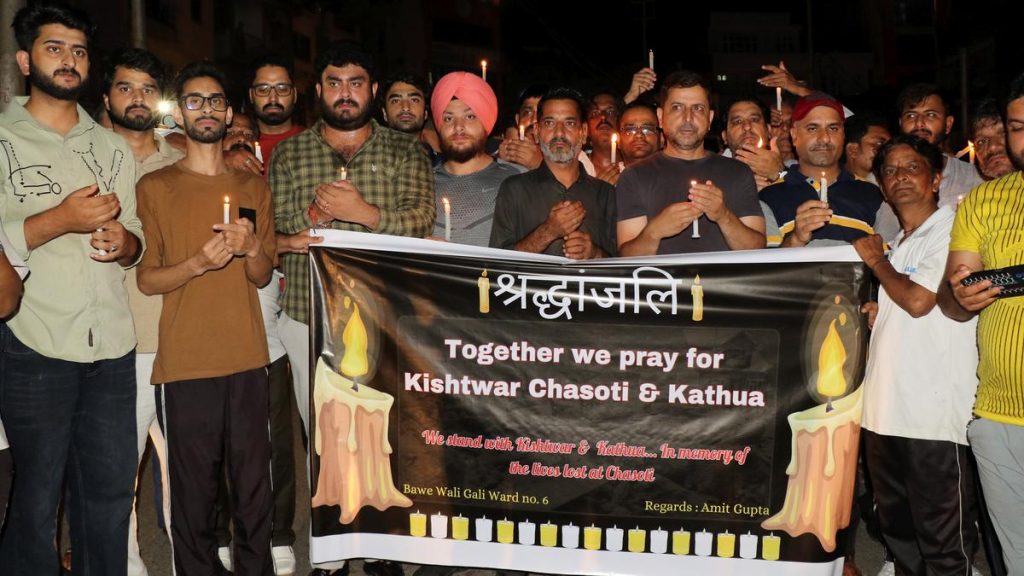Now Reading: Markets Unsettled as US-Russia Summit Ends Without Agreement
-
01
Markets Unsettled as US-Russia Summit Ends Without Agreement
Markets Unsettled as US-Russia Summit Ends Without Agreement

Quick Summary
- U.S. President Donald Trump and Russian President Vladimir Putin concluded a summit in Alaska focused on Moscow’s war in Ukraine, but no resolution or agreement was reached.
- Both leaders described the nearly three-hour talks as “productive” and noted progress on unspecific issues but provided no concrete details. they did not take questions from the media.
- Market analysts offered mixed reactions,emphasizing that the meeting symbolized willingness for dialog but lacked substantive outcomes or agreements.
- Observers highlighted expectations of continued talks, with potential future involvement of Ukrainian leadership for any progress toward peace.
Market Expert Comments:
- Helima Croft remarked on limited diplomatic progress while noting secondary sanctions on India (for importing Russian oil) might persist.
- Carol schleif dismissed major market impacts from the meeting,focusing rather on inflation and consumer trends.
- Eric Teal sees an opportunity for energy investments due too stable oil prices amid lower-than-expected sanctions; gold may decline short-term.
- Eugene Epstein viewed this summit as merely a symbolic first step towards further negotiations.
- Tom Di galoma speculated future trilateral talks involving Ukraine within 30 days could lead to actionable agreements.
Indian Opinion Analysis
The absence of significant breakthroughs from the U.S.-Russia summit underscores the enduring complexity of resolving geopolitical conflicts like Russia’s war in Ukraine. The lack of substantive outcomes suggests prolonged uncertainty which could impact global energy markets-relevant for India as it continues sourcing affordable energy amid Western-imposed sanctions against Russia.
India faces unique pressure given its strategic ties with both Washington and Moscow while being a significant importer of Russian oil amidst ongoing scrutiny from Western allies over secondary sanctions enforcement.This diplomatic balancing act increasingly positions India at a pivotal junction in global geopolitics, where decisions regarding energy security are intertwined with broader foreign policy priorities.
India’s energy strategy remains critical-stability in oil prices post-summit offers temporary respite, allowing room to negotiate long-term frameworks aligned with national interests without provoking external penalties or risking relationships with key partners like the U.S.



























